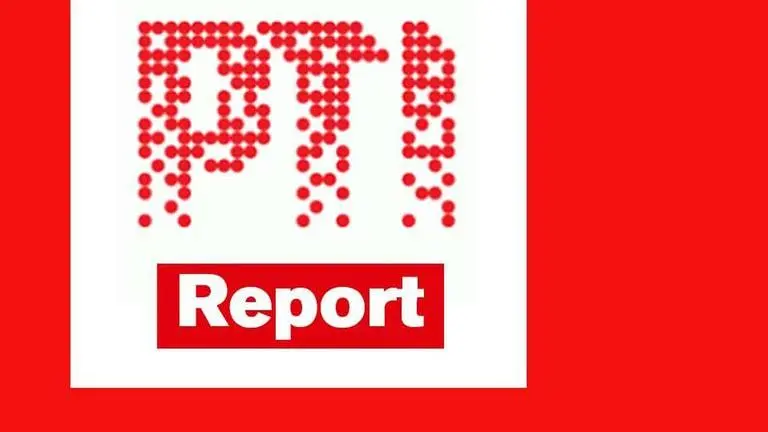Updated 1 February 2021 at 20:00 IST
India asks Sri Lanka to abide by its commitments on ECT deal
India on Monday asked all sides to abide by the existing understandings and commitment of a trilateral agreement involving Sri Lanka and Japan to develop the strategic Colombo Port's Eastern Container Terminal (ECT).
- India News
- 3 min read

India on Monday asked all sides to abide by the existing understandings and commitment of a trilateral agreement involving Sri Lanka and Japan to develop the strategic Colombo Port's Eastern Container Terminal (ECT).
The state-owned Sri Lanka Ports Authority (SLPA) signed a memorandum of cooperation in May 2019 with India and Japan to develop the ECT during the previous Sirisena government. However, the Sri Lankan government said on Monday that the ECT will be operated 100 per cent by the SLPA.
"I would like to reiterate the expectation of Government of India for expeditious implementation of the trilateral Memorandum of Cooperation (MOC) signed in May 2019 among the Governments of India, Japan and Sri Lanka for the development of ECT with participation from these three countries," a spokesperson at the Indian High Commission in Colombo said.
"The commitment of the Government of Sri Lanka in this regard has been conveyed several times in the recent past, including at the leadership level. Sri Lanka's Cabinet also took a decision three months ago to implement the project with foreign investors. All sides should continue to abide by the existing understandings and commitment," the spokesman added.
Advertisement
Earlier on Monday, Prime Minister Mahinda Rajapaksa’s office said that the Sri Lankan government has decided to run the ECT as a fully-owned operation of the state-run ports authority, succumbing to pressure from the trade unions who opposed the joint venture to develop the strategic cargo terminal.
The Colombo port trade unions had opposed the proposal of investors from India and Japan buying 49 per cent stake in the ETC. They had demanded the ECT to remain 100 per cent owned by the SLPA as opposed to the 51 per cent. Some 23 trade unions had joined hands to oppose the port deal.
Advertisement
The unions took the stand that the proposed deal with India’s Adani Group was a sell out of the ECT. They launched industrial action urging to scrap the deal and the government to run the ECT operation as a 100 per cent government entity.
The unions mostly affiliated to the ruling Sri Lanka People's Party (SLPP) forced the government not to go ahead with the deal. They claimed it was a sell out of the Colombo port’s key cargo terminal to India.
President Gotabaya Rajapaksa recently said that stopping the deal would endanger the 66 per cent of Indian transshipment cargo handled by the ECT. Therefore, in order to remain competitive the deal was needed.
However in recent weeks, the trade unions were able to mount public opinion against the deal and even got support from government’s own politicians against it.
Published By : Press Trust Of India
Published On: 1 February 2021 at 20:00 IST
